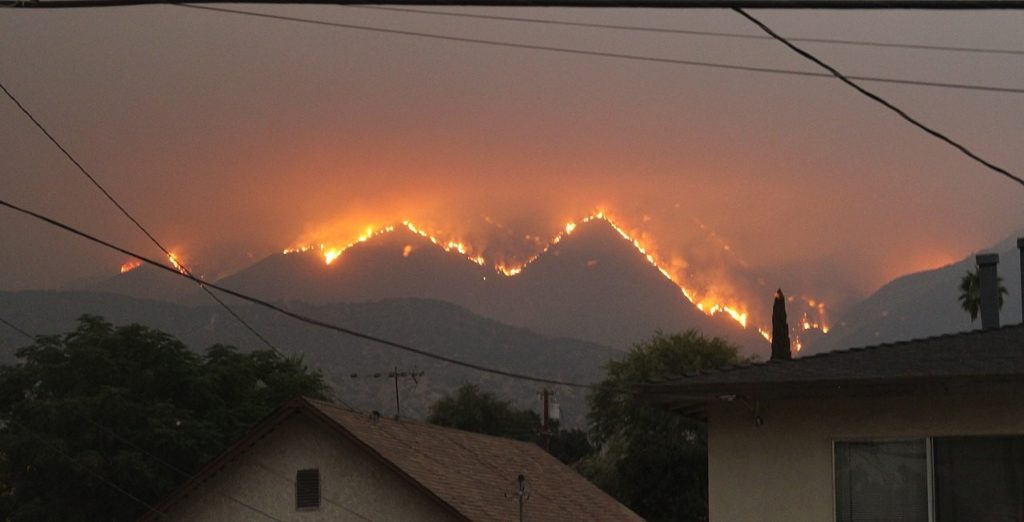Nothing personal, Bill Gates, but I won’t be reading your new book on how to avert climate disaster. We’ve heard it all before: If we follow the right strategies and invest in the right technologies, we will achieve our emissions-reduction targets, and the economy will prosper. After decades of hearing the same message, it can be hard to stomach.
If you want to sound the alarm about climate change, you must also offer a healthy dose of hope that humanity can come together and solve the problem. I get it; people simply don’t want to read how dire the situation is without some hope that we can still avert disaster. In her new book, Weather, Jenny Offill includes a character who jokes about the “obligatory note of hope” she must place in every article and speech about the climate crisis if she wants to keep her audience. Although only a character in a novel, she speaks a real truth.
The problem is that obligatory hope provides an excuse for inaction on a personal level. Others are working on the solutions and technologies, which are always just around the corner, or here now if we spend enough money. We simply need to buy new technologies, and everything will be okay. We can essentially keep going about our normal lives until someone else acts.
Others have made a case that climate optimism might be causing more harm than good, that it’s folly to rely on hope that is demonstrably false. In 2014, Tim Garrett, Professor of Atmospheric Sciences at the University of Utah, wrote a series of articles explaining the challenges of limiting global warming while at the same time continuing with economic and population growth. Considering implications of thermodynamics, he shows that reducing GHG seems incompatible with this growth. And in 2019, novelist Jonathan Franzen wrote an article for The New Yorker entitled “What if we stopped pretending?” Franzen argues that denial impedes our ability to prepare for the coming disaster. He observes that:
“You can keep on hoping that catastrophe is preventable, and feel ever more frustrated or enraged by the world’s inaction. Or you can accept that disaster is coming, and begin to rethink what it means to have hope.”
How can we rethink what it means to have hope? Hope should not be about averting disaster — that implies that many impacts of climate change can still be avoided. If you accept the reality that your house is already on fire, you’re going to act now to either put it out, or get to safety. On the other hand, if someone tells you your house might burn down in 10 years, why act now? The current narrative keeps climate change as a future problem instead of an imminent threat requiring all-out efforts.
Accepting that we won’t achieve our targets means acknowledging that we may pass tipping points that will potentially threaten civilization. That means we must mobilize to mitigate climate change, and also invest in resilience and adaptation measures. As individuals and communities, we can’t only focus on reducing emissions. We need to focus time and effort on becoming more resilient. Supporting local farming and community-centered support systems can’t just be buzzwords. We need to cope with the climate crises that are happening now, and prepare for worse in the future.
In a BBC article, “Is it wrong to be hopeful about climate change?” Diego Ortiz agrees that misplaced hope can be dangerous, but that hope is nonetheless important. He observes that “[h]ope is meaning-focused coping,” which can be constructive if it is based around personal goals and actions that are driving towards change.
Personally, I hope we will let go of global mitigation targets that foster false optimism about avoiding disaster. We don’t need to spend our time arguing over policies that limit warming to 1.5°C or 2°C, with targets and timetables that call for gradually increasing GHG reductions. It’s a politician’s dream scenario, since the bulk of the action is always in a future election cycle.
Instead, let’s admit that our house is on fire and that we need to reduce global GHG emissions as quickly as possible. But, even with an all-hands-on-deck approach, we may not keep warming below 1.5°C. Therefore, at the same time, we need to plan for the inevitability that we won’t be able to put out the fire completely. That means we will need to rely on our adaptability and resilience to get through it.
By doing everything you can to mitigate climate change and prepare for its inevitable impacts, you can hope to make yourself, your family, and your community more resilient. That hope is not misplaced.
Teaser photo credit: By Eddiem360 – Own work, CC BY-SA 4.0, https://commons.wikimedia.org/w/index.php?curid=94018959





